Granite countertops are renowned for their durability and resistance to staining. The natural properties of granite play a significant role in their ability to withstand stains. As a natural stone, granite is composed of various minerals, including quartz, feldspar, and mica, which contribute to its robust and non-porous nature. The dense composition of granite makes it less prone to absorbing liquids or stains compared to other countertop materials. While it is true that no material is entirely impervious to staining, granite countertops have a natural advantage in their ability to resist and repel stains.
Proper Sealing and Maintenance Practices
Proper sealing and maintenance are essential to ensure that granite countertops maintain their stain-resistant properties. Sealing the granite surface helps create additional protection against potential stains. Typically, professional installers apply a high-quality sealant during the installation process. However, over time, the sealant may wear off and require reapplication. It is recommended to have granite countertops resealed every one to three years, depending on the level of usage and the type of sealant used.
In addition to sealing, regular maintenance is crucial to prevent stains. Simple everyday practices, such as promptly wiping up spills with a gentle, non-abrasive cleaner and a soft cloth, can go a long way in preserving the stain-resistant properties of granite countertops. Avoid harsh chemicals or abrasive cleaners that can damage the sealant or the granite surface. Instead, opt for mild soap or specialized granite cleaners specifically designed to maintain the natural beauty of the stone. By following these maintenance practices, you can ensure that your granite countertops remain resistant to staining over the long term.
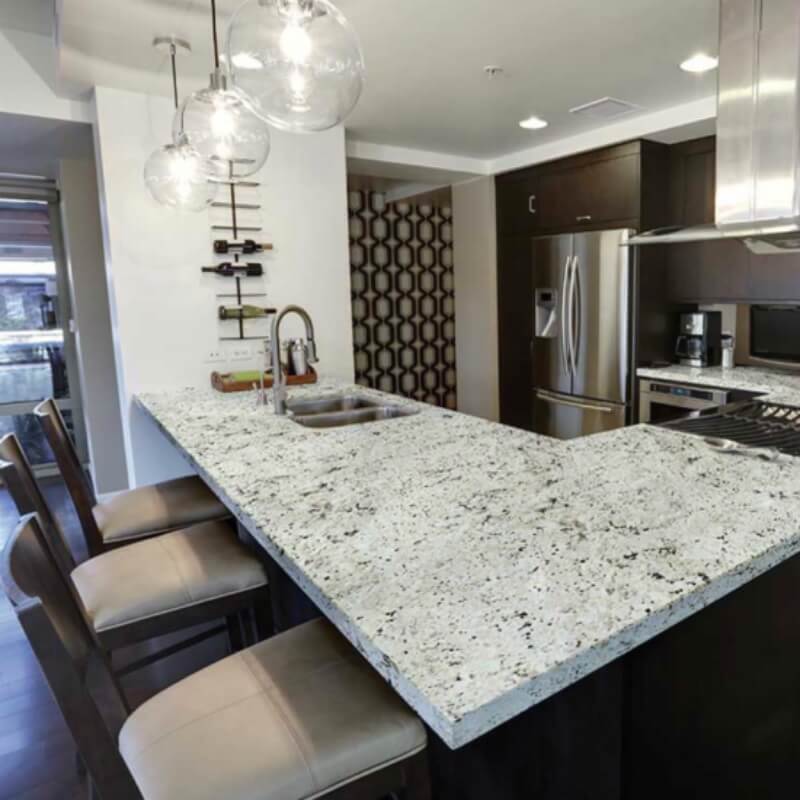
Factors that Influence Stain Resistance
While granite countertops have inherent stain-resistant properties, certain factors can influence their susceptibility to stains. The porosity of the specific type of granite used plays a role in its stain resistance. Some types of granite may be more porous than others, making them slightly more prone to staining if not properly sealed or maintained. Additionally, the color and pattern of the granite can affect the visibility of stains. Dark-colored or heavily patterned granite may be more forgiving in hiding stains compared to lighter-colored or solid-colored varieties. However, it’s important to note that proper sealing and maintenance practices remain crucial regardless of the granite type or color.
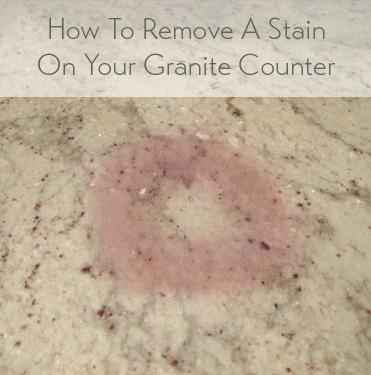
Other factors that can influence stain resistance include the type and duration of the spilled substance. Highly acidic or corrosive substances, such as red wine, vinegar, or lemon juice, can cause etching or discoloration if left on the countertop for an extended period. It’s best to clean up such spills to minimize potential damage promptly. By considering these factors and implementing the appropriate preventive measures, you can ensure that your granite countertops maintain their stain-resistant qualities and continue to grace your kitchen with their timeless beauty.
While granite countertops are known for their resistance to staining, it’s important to understand the natural properties of granite, practice proper sealing and maintenance, and consider various factors that can influence their stain resistance. By taking these precautions, you can enjoy the beauty and durability of your granite countertops for years to come without worrying about stains detracting from their elegant appeal.
Does Granite Stain? How You Can Tell Marble.com
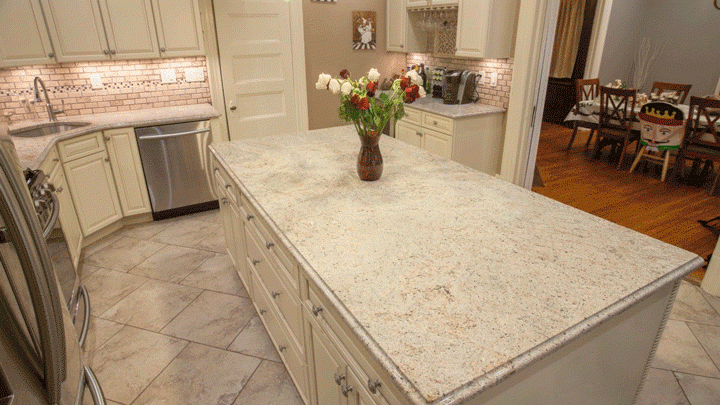
Granite Countertop Care: Dou0027s u0026 Donu0027ts for Cleaning Granite
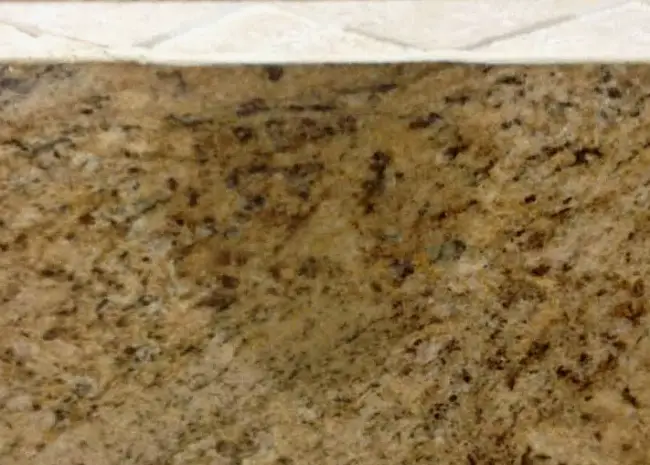
How do I remove deep stains from a granite countertop? Hometalk
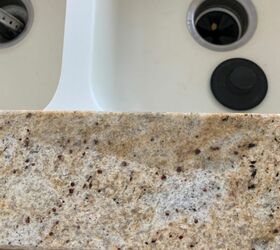
Ask the Builder: Dealing with rust stains in granite countertops

Help! Stain removal on white granite getting worse with each attempt
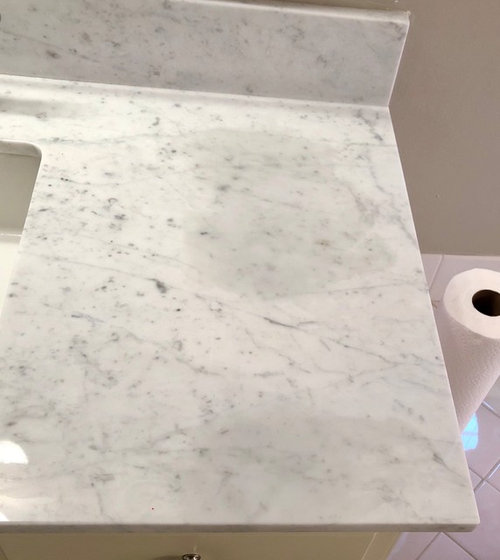
Are White or Light Granite Countertops Practical for Kitchens?
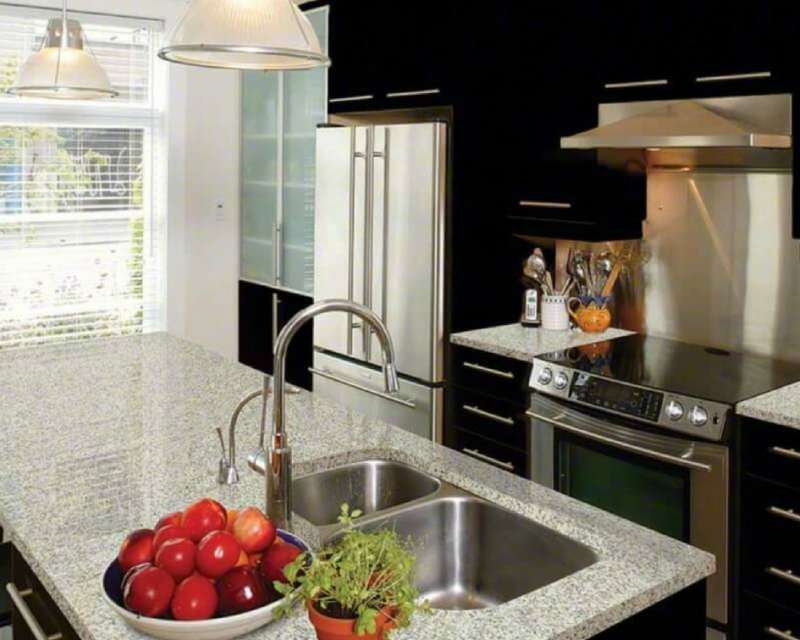
How To Clean, Seal and Polish Granite Countertops u2014 Pro Housekeepers
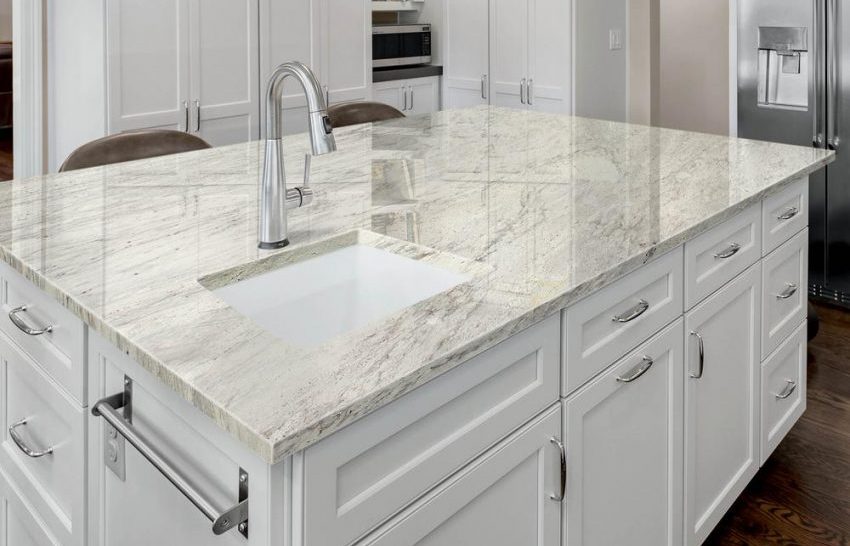
Sealing and Removing Stains From Granite Countertops
/171583666-56a49f3b5f9b58b7d0d7e145.jpg)
Related articles:
- Faux Painted Granite Countertops
- Matching Backsplash To Granite Countertop
- Bathroom Vanity With Granite Countertop
- Blue And White Granite Countertops
- How To Remove Coffee Stains From Granite Countertop
- Granite Countertop Edges Images
- Fake Granite Countertop Stickers
- Eagle White Granite Countertops
- Price Per Square Foot Of Granite Countertops
- Install Dishwasher To Granite Countertop